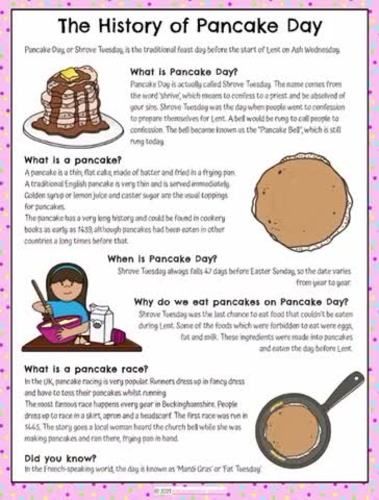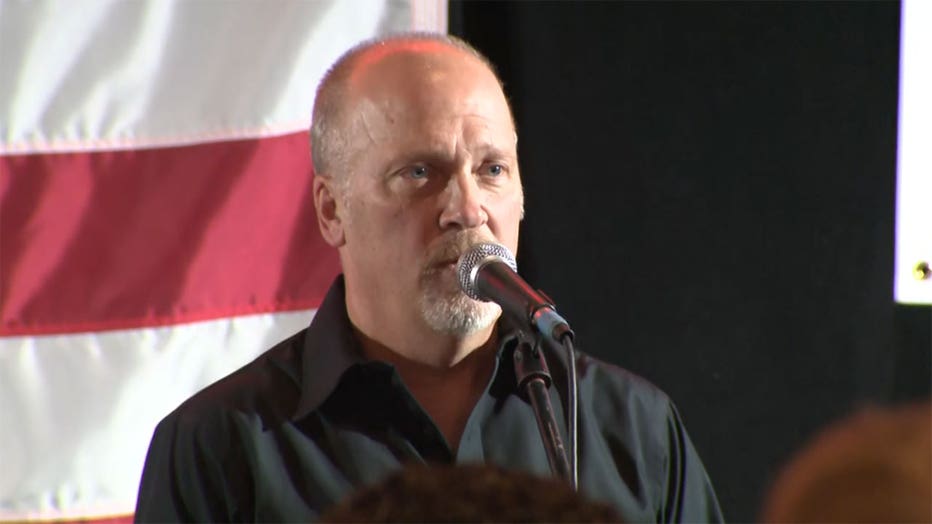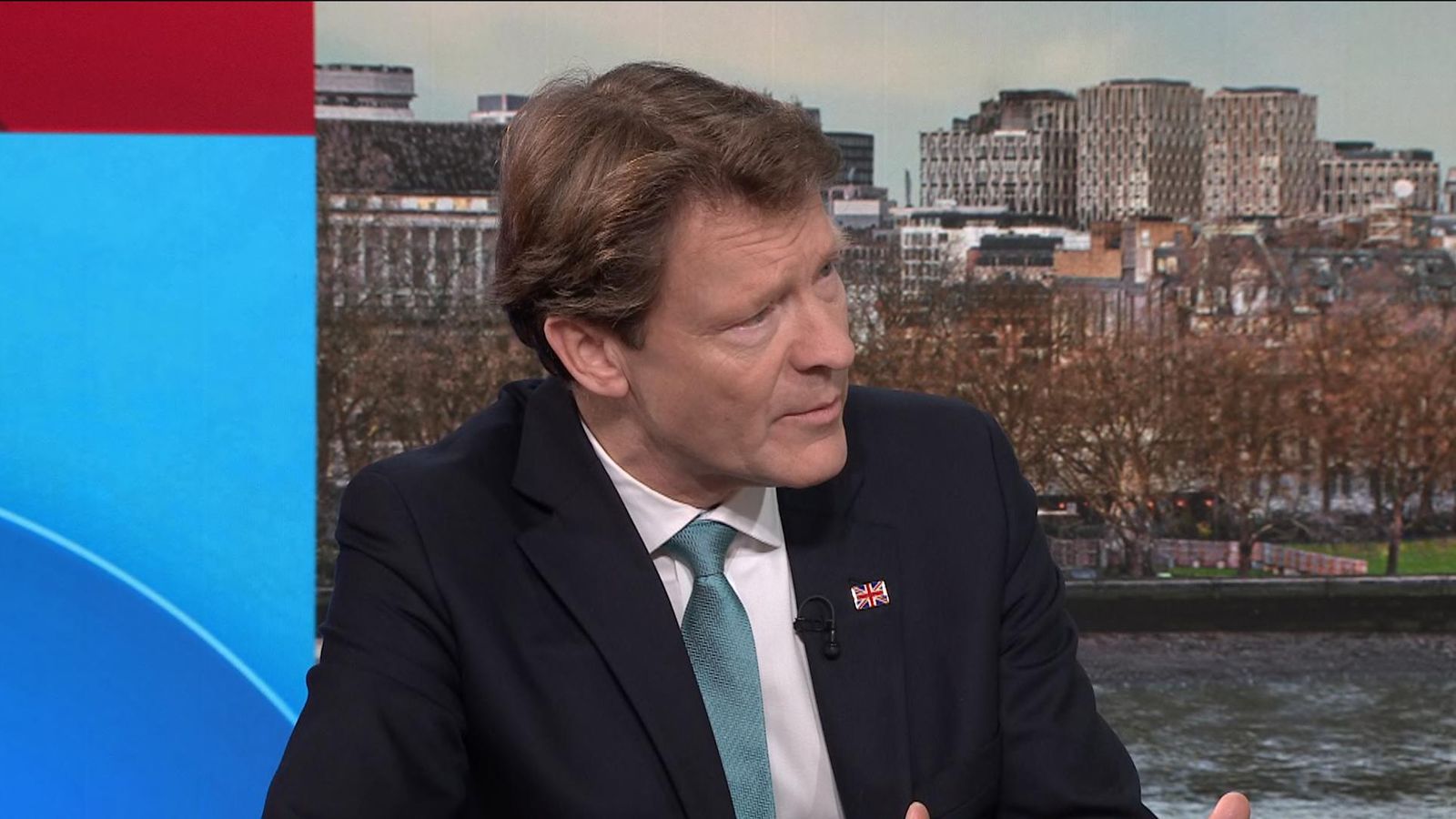Pancake Day Traditions: A Look At The History And Meaning Of Shrove Tuesday

Table of Contents
The Historical Origins of Pancake Day
The origins of Pancake Day are deeply rooted in the Christian calendar. Shrove Tuesday gets its name from "shrive," meaning to confess one's sins. Historically, it was the day before Ash Wednesday, the beginning of Lent, a 40-day period of fasting and penitence leading up to Easter. This period traditionally involved abstaining from rich foods like meat, dairy, and eggs. Therefore, Shrove Tuesday became a time for a final feast before the Lenten fast.
The "shriving" aspect was crucial. People would attend confession to cleanse their souls before embarking on Lent. This spiritual preparation was coupled with a practical one: using up all the rich ingredients like eggs, butter, and milk that were forbidden during Lent. Pancakes, a perfect way to utilize these ingredients, became a symbolic dish of this pre-Lenten celebration.
- Pre-Lent feasting and celebration: A final opportunity to indulge before the self-denial of Lent.
- Using up rich ingredients like eggs, butter, and milk: Pancakes provided a delicious way to consume these items before they spoiled.
- The religious significance of cleansing and repentance: The day held spiritual importance, preparing individuals for a period of reflection and atonement.
Pancake Recipes and Variations Across Cultures
The basic pancake recipe—a simple batter of flour, milk, eggs, and a touch of fat—is surprisingly versatile. This foundation has spawned countless variations across cultures, each reflecting local ingredients and culinary preferences.
While the classic buttermilk pancake reigns supreme in many parts of the world, the French crepe offers a delicate, thin alternative. American-style pancakes are often thicker and fluffier, served with a range of toppings from maple syrup and fresh fruit to whipped cream and chocolate chips. Beyond these well-known examples, diverse regional and cultural interpretations exist.
- Classic buttermilk pancakes: A fluffy, subtly tangy staple.
- Crepes (French pancakes): Thin, delicate pancakes perfect for sweet or savory fillings.
- American-style pancakes with various toppings (syrup, fruit, whipped cream): A versatile base for endless customization.
- International variations (e.g., Dutch Baby pancake): A puffy, oven-baked pancake with a unique texture. Other regional varieties include the Japanese Okonomiyaki or the Scottish Drop Scones.
Modern Pancake Day Traditions and Celebrations
Pancake Day is celebrated in various ways across the globe. While the religious significance might be less emphasized in some areas, the tradition of making and sharing pancakes remains a cornerstone of the day.
- Family pancake breakfasts: A cherished tradition for many families, starting the day with a delicious and fun meal.
- Pancake races and competitions: These lighthearted events, often involving participants running while flipping pancakes, are a popular sight in many towns and cities. The famous Olney Pancake Race in England is a prime example.
- Fundraising events and charity initiatives: Many organizations use Pancake Day as an opportunity to raise money for good causes through pancake-themed events.
- Social media engagement using #pancakeday or similar hashtags: Sharing photos of delicious pancake creations and celebrating the day online is a modern tradition.
Pancake Day for Children
Pancake Day offers numerous opportunities for fun family activities, especially for children. Involving children in the pancake-making process itself can be a rewarding experience.
- Pancake decorating competitions: Let children unleash their creativity with various toppings, transforming plain pancakes into edible works of art.
- Making fun pancake shapes with cookie cutters: Turn simple pancakes into charming animals, hearts, or stars.
- Involving children in the pancake-making process: From cracking eggs to flipping pancakes (with supervision!), children can participate in the preparation.
Conclusion
Pancake Day, or Shrove Tuesday, is a fascinating blend of historical religious observance and modern culinary celebrations. From its origins in pre-Lenten feasting and confession to its evolution into a global day of delicious pancakes and community events, this tradition continues to delight people of all ages. The diverse pancake recipes and celebratory customs highlight the adaptability and enduring appeal of this special day.
This Pancake Day, embrace the rich history and delicious traditions! Gather your family and friends, whip up a batch of your favourite pancakes, and enjoy this delightful celebration. Share your Pancake Day experiences using #pancakeday and discover even more Pancake Day traditions online. Happy Pancake Day!

Featured Posts
-
 The Mo Salah Contract Situation A Detailed Analysis
May 02, 2025
The Mo Salah Contract Situation A Detailed Analysis
May 02, 2025 -
 Analyzing Voter Turnout In Florida And Wisconsin Understanding The Shifting Political Tides
May 02, 2025
Analyzing Voter Turnout In Florida And Wisconsin Understanding The Shifting Political Tides
May 02, 2025 -
 East Idaho News Obituary For Lisa Ann Keller
May 02, 2025
East Idaho News Obituary For Lisa Ann Keller
May 02, 2025 -
 Your Path To A Private Credit Job 5 Critical Steps
May 02, 2025
Your Path To A Private Credit Job 5 Critical Steps
May 02, 2025 -
 Rupert Lowe Police Report Filed Amid Uk Reform Bullying Allegations
May 02, 2025
Rupert Lowe Police Report Filed Amid Uk Reform Bullying Allegations
May 02, 2025
